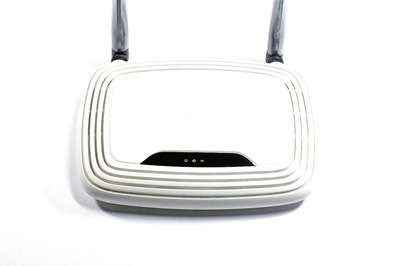
views
Diwali Shopping Online: Protecting yourself from online payment scams is crucial, especially during the festive season when online shopping increases significantly. The festive season is a time for joy and celebration, but it’s also a prime time for cybercriminals to take advantage of unsuspecting shoppers. With so many people purchasing essentials and other items online, it’s important to be aware of the risks and take steps to protect yourself from online payment scams.
Here are some key things to remember to safeguard your finances and personal information:
Shop from reputable websites:
Only shop from websites that you know and trust. If you’re not sure about a website, do some research to check its reputation. Look for websites that have a secure padlock icon in the address bar. This means that the website uses encryption to protect your personal information. Avoid shopping from websites that pop up unsolicited. These websites are often scams.
Use strong passwords and two-factor authentication:
Create strong passwords for all of your online shopping accounts. Use two-factor authentication (2FA) whenever possible. It adds an extra layer of security to your online accounts, be it your e-commerce platform account, by requiring you to enter a code from your phone or another device in addition to your password.
Be careful about what information you share online:
Don’t share your personal information, such as your PAN or credit card number, with anyone you don’t know and trust. Be wary of emails or websites that ask you to verify your personal information. This is a common tactic used by scammers.
Keep your software up to date:
Safeguard your devices against malware and cyber threats by keeping your computer and mobile devices up-to-date with the latest software updates. These updates frequently include security patches that bolster your defences against evolving threats.
Be suspicious of deals that seem too good to be true:
If you see a deal that seems too good to be true, it probably is. Scammers often use fake deals to lure people in. Be especially wary of deals that require you to pay upfront before you receive the product or service.
Be suspicious of unusual requests:
Be cautious of emails or calls from companies claiming to be your bank, credit card company, or other trusted organisations. If they demand immediate action or threaten account closure, it might be a scam. Contact the company directly through their official website or customer service phone number to verify.
Use a trusted payment method:
When paying for goods or services online, use a trusted payment method.
Monitor your bank and credit card statements:
Check your bank and credit card statements regularly for any unauthorised charges. If you see a charge that you don’t recognise, report it to your bank or debit/credit card company immediately.
Stay informed:
Stay up-to-date on the latest online payment scams and trends. Read security advisories from your bank and government sources and follow trusted news outlets for information on emerging scams.




















Comments
0 comment